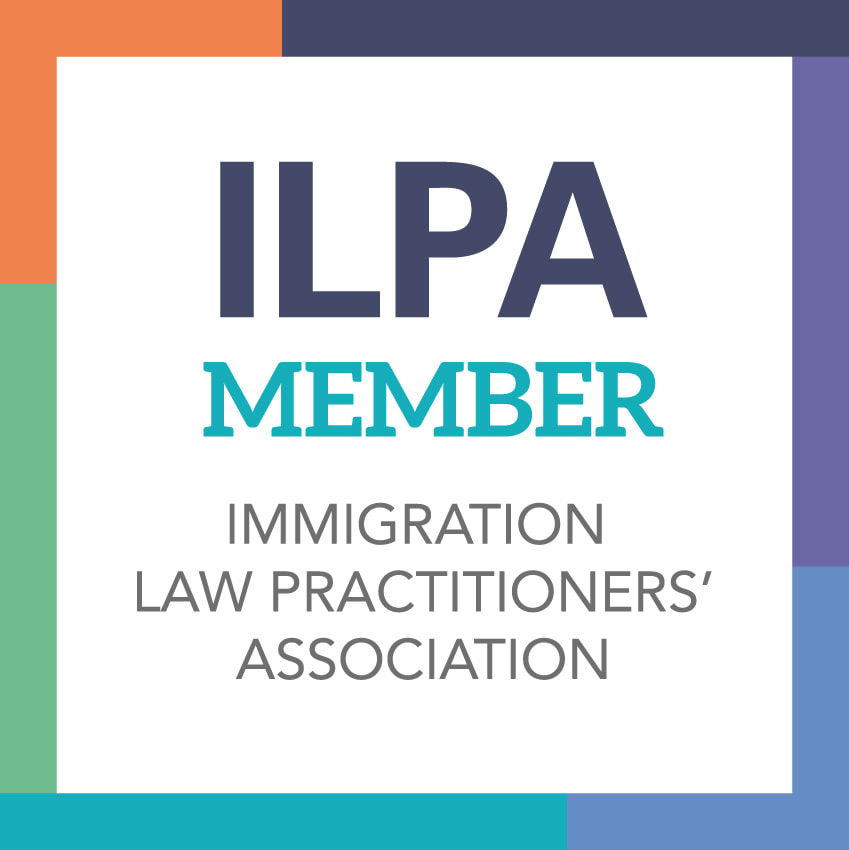Entry Clearance - what evidence do I need?The UK spouse visa is one of our most common areas of work. People we talk to usually have two issues. Firstly, how to meet the very complex and stringent financial requirements for the UK spouse visa. Secondly, how to prove the relationship between the applicant and their UK sponsor. The financial requirements are extensive - perhaps another article for another day! [UPDATE: here we go...] In this article, we consider what evidence you might need when you are applying for the first time to bring your partner to the UK, also called Entry Clearance. Throughout the process - from the first visa to come into the UK as a spouse, to the extension FLR(M) to the very final step, the SET(M), there is always some form of evidence required to prove the relationship is real. What type of relationships qualify for a UK spouse visa?Under the definitions of a 'partner' in Appendix FM (the section of the rules which covers partner applications), there are four types of relationship eligible for consideration under the 5-year or 10-year route for partners:
If you have previously been married or in a civil partnership, you will need to show that that it has been legally dissolved: this would be, for instance, a divorce certificate or court judgement ending the marriage or civil partnership. In addition to meeting the definition of a qualifying relationship, you will also need to demonstrate that your relationship is both genuine and continuing. Therefore, the marriage certificate, unmarried partner evidence or civil partnership certificate is the starting point of your evidence - but you must include further evidence. How to prove your relationship is 'genuine and subsisting' for a UK spouse visa?The current UK immigration rules are looking for applicants to prove - on the balance of probabilities - that their relationship is 'genuine and subsisting', which means real, and ongoing. Beyond that, it is not precisely defined as to what you must provide. Our approach is that it is worth 'going large' in your first application to show your true love. This is because there isn't guidance the person deciding on your application can fall back on to assess the relationship requirement. So you need to make it abundantly clear. This is unlike the financial requirements of the UK visa or English language requirements, where it is clear and documented as to what you need to provide. How to approach this challenge: Here are ten ways you can approach proving your relationship is ‘genuine and subsisting’.
Long distance love and time apart - intervening devotionAs often is the case and for many various reasons, many couples have had to spend some time apart - or have spent more time apart than together as a couple. Whether applying as married partners, unmarried partners or proposed partners, periods of time apart need to be factored into the relationship evidence. If your time apart has only ever been holidays, short periods of work trips or trips home to visit family, it is unlikely you will need to factor this in. However, if you have spent long periods apart, or through necessity your relationship is at a distance, you'll need to think about how to show how the relationship is maintained during time away. Our way is different Information elsewhere will tell you to print off as much evidence of contact as you can - all your skype, phone records, WhatsApp and messenger chats - and this will run to hundreds of pages. Our approach is more strategic. What you have to demonstrate in your evidence is not only contact, but 'intervening devotion', that you are involved in the other person’s life. Think about how to show you maintained your relationship at a distance such as being in touch at key times: anniversaries, birthdays, religious or cultural festivals. What to show Also think about the content of messages - as interesting as it is to know what each other had for dinner, consider curating your evidence to show not just everyday type of communication but how the relationship is developed and maintained while apart - making plans, making decisions, even discussing the approach to making the visa application can show you are devoted to someone you are not living with. In brief, a large pile of call records and messenger printouts will show you've maintained contact. While a well curated selection of emails, messages and texts talking about making your plans, supporting each other through good or difficult times or discussing your birthday/anniversary or those of family members will show intervening devotion. Applying for an extension to your spouse visa and cohabitation evidence - FLR(M) and SET(M)Once you're through the initial visa to get to the UK, I definitely recommend getting in the mindset to set up practical aspects of your life in the UK to make gathering cohabitation evidence easier down the line. Proving cohabitation - get into the habit At the midway 2.5 year stage when you apply for Further Leave to Remain or FLR(M) and at Settlement (indefinite leave - SET(M), you will need 2 years of cohabitation evidence: at least 6 joint items, from 3 different sources. Again, we always recommend adding in a bit more: think along the lines of one jointly addressed document every 2-3 months or so, aiming for around 10, good quality, jointly addressed documents. Joint names on everything Therefore, make sure you put joint names on the council tax, some of the utilities and consider a shared bank account, if you are able. While it can take an extra step to set things up that way, at least you won't be struggling to find cohabitation evidence ahead of a very tight deadline later on! No joint documents - what now? If you do not have documents in joint name, you'll need one each corresponding to the minimum requirement of 6 documents from 3 different providers. For example. let's say you have no joint documents whatsoeve,r you would need 12 documents: from at least 3 different sources - 6 each. If you have 5 joint documents, you would need a further 2 each and so on. Don’t be camera shy If you are just at the beginning of this process and applying for entry clearance or an initial application, get into the habit of asking someone else to take a photo at gatherings, events, birthdays and so on. It will make the process of gathering evidence that bit easier. How we can help | Immigration Consultation on Spouse VisasThe UK Spouse Visa is one that we work on frequently - we have successfully helped many married partners who have lived together for many years all the way through to unmarried partners who met online and have had little more than a brief holiday together.
Have a look at some of our UK visa success stories to see how we have helped people like you in the past. Get in touch for a consultation to talk about the evidence you have and how to select it to make it relevant. Or book an application review for a fresh pair of eyes to look at your UK visa application in detail. For the most comprehensive support, we provide a full application service where we will provide you with specific guidance as to what kind of documentation will evidence your relationship and we'll collect it together to make the strongest application possible. Comments are closed.
|
Euan - EditorIt's often interesting how frequently patterns and themes emerge in the enquiries we receive at any given time. Archives
May 2021
Categories |
|
Walkthruvisa Ltd
Registered Office: 5 South Charlotte Street, EDINBURGH, EH2 4AN Regulated by the OISC | Ref: F201500995 Walkthruvisa Ltd is a registered limited company in Scotland | SC448707 Copyright © 2015-2024 Walkthruvisa Ltd. All rights reserved. Privacy Statement | Terms and Conditions |
|


 RSS Feed
RSS Feed
